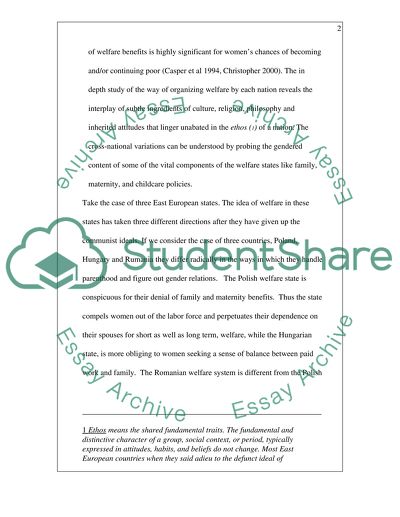Cite this document
(“Citizenship and Welfare Essay Example | Topics and Well Written Essays - 1000 words”, n.d.)
Retrieved from https://studentshare.org/sociology/1501760-citizenship-and-welfare
Retrieved from https://studentshare.org/sociology/1501760-citizenship-and-welfare
(Citizenship and Welfare Essay Example | Topics and Well Written Essays - 1000 Words)
https://studentshare.org/sociology/1501760-citizenship-and-welfare.
https://studentshare.org/sociology/1501760-citizenship-and-welfare.
“Citizenship and Welfare Essay Example | Topics and Well Written Essays - 1000 Words”, n.d. https://studentshare.org/sociology/1501760-citizenship-and-welfare.


